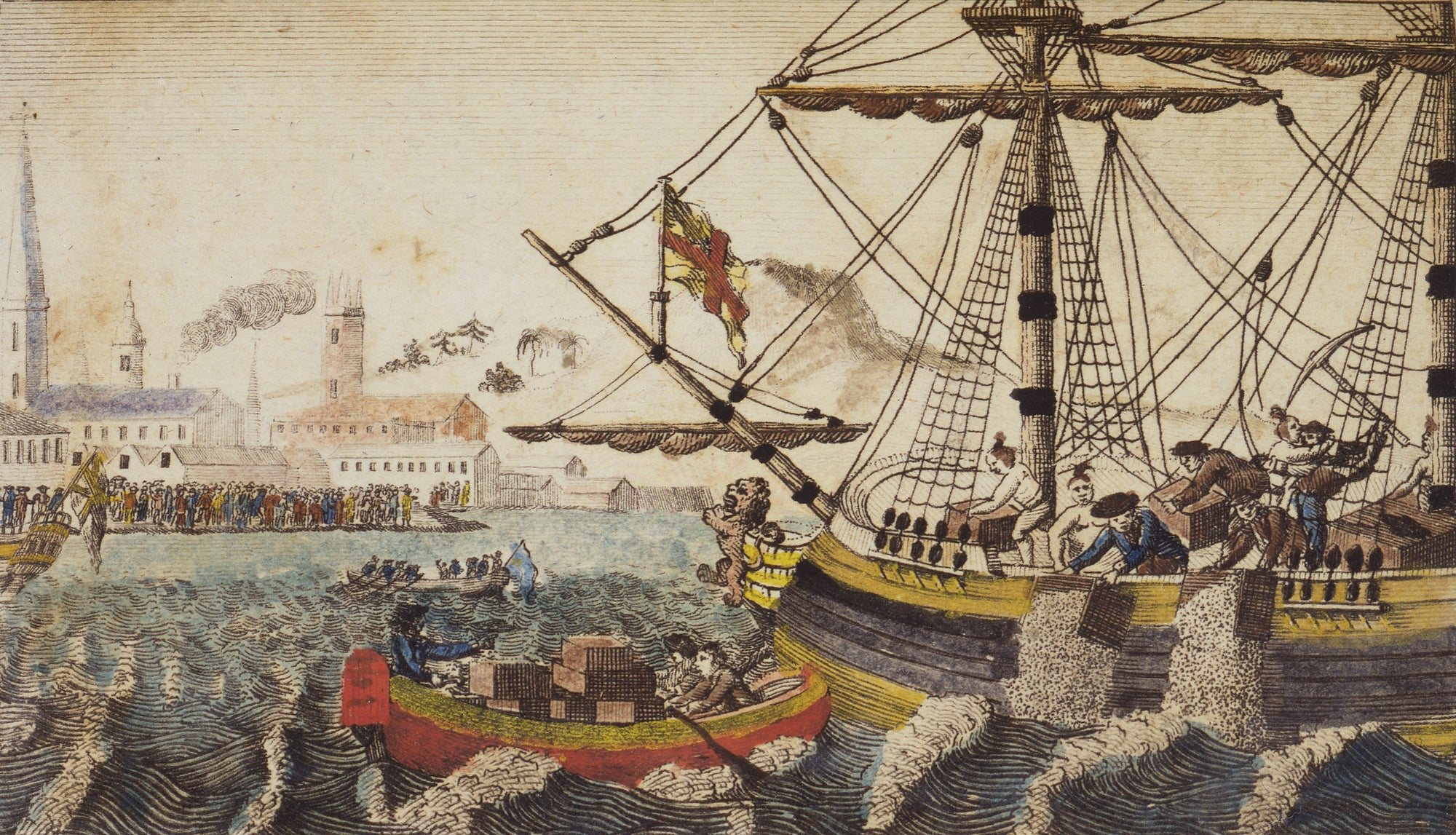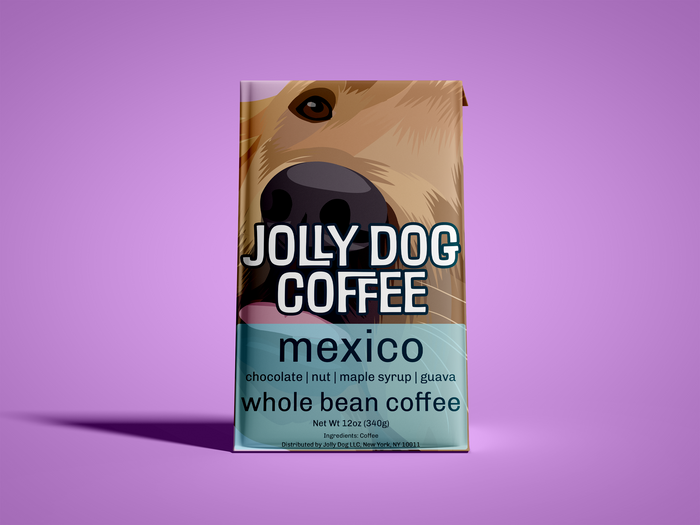

Why is coffee so much more popular in the United States than tea?
Coffee and tea are two of the most popular beverages worldwide, yet in the United States, coffee reigns supreme. From bustling coffee shops on every corner to the comforting ritual of a morning cup of joe, coffee culture is deeply ingrained in American society.
But why is coffee so much more popular than tea in the United States? In this blog post, we will delve into the historical, cultural, and social factors that have contributed to the rise of coffee as the preferred beverage choice for many Americans, and explore the reasons behind its enduring popularity in the land of the free.
Historical origins of coffee and tea in the United States
Coffee and tea have long been popular beverages in the United States, but coffee has historically held a more prominent place in American culture. The origins of coffee and tea in the United States can be traced back to the early days of colonization. Coffee made its way to America in the mid-1600s, brought by European settlers who were already familiar with the beverage. Its popularity grew steadily over the years, with coffeehouses becoming social hubs where people gathered to discuss politics, business, and culture.
Tea, on the other hand, arrived in America a bit later, in the late 17th century. It was initially favored by the upper class and was associated with British culture. The Boston Tea Party in 1773, a protest against British taxation on tea, further solidified coffee's popularity as a patriotic choice.
The Industrial Revolution also played a role in the rise of coffee in America. Coffee's quick brewing time and stimulating effects made it a popular choice among workers in factories and offices, leading to the establishment of coffee breaks as a regular part of the workday.
While both coffee and tea have their place in American culture, the historical origins of coffee as a social and patriotic beverage have contributed to its widespread popularity compared to tea in the United States.
Cultural significance of coffee in American society
Coffee holds a significant cultural significance in American society, playing a central role in daily routines, social gatherings, and workplace environments. The popularity of coffee in the United States can be traced back to historical events and cultural influences.
Coffee shops have evolved into social hubs where people gather to socialize, work, or simply unwind. The rise of chains like Starbucks has further solidified coffee as a cultural symbol of modern American lifestyle. Additionally, the fast-paced nature of American society has led to coffee being favored for its quick energy boost and convenience, aligning well with the country's emphasis on productivity and efficiency.
Moreover, the rich diversity of coffee flavors and preparations available in the U.S. caters to individual preferences, allowing for a personalized coffee experience. From gourmet espresso beverages to artisanal pour-over methods, the variety and customization options contribute to the widespread appeal of coffee across different demographic groups.
Overall, the cultural significance of coffee in American society reflects its deep-rooted presence in daily life, social interactions, and even business settings, making it a beloved and enduring beverage choice for many Americans.
Social factors influencing the popularity of coffee over tea
The rise of coffeehouses in the United States has played a crucial role in shaping the popularity of coffee. Coffeehouses have long served as social hubs where people gather to socialize, work, or relax, creating a sense of community around coffee consumption. This communal aspect has only increased with the proliferation of trendy coffee shops and the rise of coffee culture, making coffee a social and cultural symbol in American society.
Additionally, the marketing efforts of coffee companies have contributed to coffee's popularity over tea. Coffee brands have successfully positioned their products as trendy, energizing, and fashionable, appealing to a diverse range of consumers. The convenience of coffee, with its availability in various forms such as lattes, cappuccinos, and cold brews, has also made it a preferred choice for many Americans seeking a quick caffeine fix.
Overall, the social factors influencing the popularity of coffee over tea in the United States are multifaceted, encompassing cultural influences, social norms, and marketing strategies that have contributed to coffee's status as a beloved beverage in American society.
The future of coffee and tea consumption in the United States.
As coffee continues to hold a prominent place in American culture, the future of coffee and tea consumption in the United States is an intriguing topic to explore. While coffee has long been the beverage of choice for many Americans due to its bold flavors and energizing effects, tea is steadily gaining popularity for its health benefits and diverse varieties. In recent years, there has been a noticeable shift towards specialty teas and artisanal tea blends, reflecting a growing interest in unique flavor profiles and holistic wellness.
As consumer preferences evolve and awareness about health benefits increases, we can expect to see a continued rise in tea consumption across the United States. With a focus on sustainability and ethical sourcing becoming increasingly important to consumers, the tea industry is poised for growth as more people seek out high-quality, ethically-produced teas.
On the other hand, the coffee industry is also experiencing a transformation, with a surge in demand for premium coffee beans, specialty brewing methods, and coffeehouse experiences. As the third wave coffee movement gains momentum, consumers are becoming more discerning about their coffee choices, embracing a culture of quality and craftsmanship.
In the future, we may see a harmonious coexistence of coffee and tea in American culture, with each beverage offering its own unique appeal to a diverse range of consumers. Whether you prefer the bold richness of a perfectly brewed espresso or the delicate nuances of a handcrafted tea blend, the future of coffee and tea consumption in the United States holds exciting possibilities for both industries and consumers alike.
References
- National Coffee Association. (n.d.). The history of coffee. Retrieved from https://www.ncausa.org/About-Coffee/History-of-Coffee
- The Culture Trip. (n.d.). A brief history of American coffee culture. Retrieved from https://theculturetrip.com/north-america/usa/articles/a-brief-history-of-american-coffee-culture
- Britannica. (n.d.). Coffee. Retrieved from https://www.britannica.com/topic/history-of-coffee



